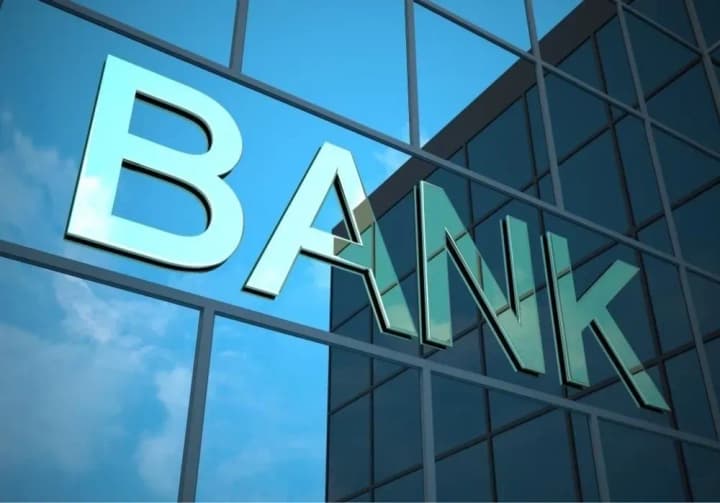Concorde's quick liquidation is not part of the Deposit Guarantee Fund's plans - bank co-founder Sosedka
Kyiv • UNN
Rapid liquidation of Concord Bank is not part of the plans of the Deposit Guarantee Fund, as the Fund receives about UAH 8 million from the accounts of the financial institution every month.

The rapid liquidation of Concord Bank is not part of the plans of the Deposit Guarantee Fund, as the Fund receives about UAH 8 million from the accounts of the financial institution every month. This was stated by the co-founder of JSC "Bank Concorde" Olena Sosedka.
At the end of December last year , the Deposit Guarantee Fund suspended debt payments to creditors of the 9th stage of the register of accepted creditors' claims of Concord Bank, which had been started on December 11.
Currently, 70 people, including military personnel, students, and pensioners, cannot receive their money. The members of the 9th stage have sent an open letter to the DGF demanding to resume their payments. If the Fund currently does not have enough money for this, they propose to sell liquid government bondsowned by the bank.
As we have already understood, a quick liquidation is not in the plans of the DGF management, because it is financed by banks in the process of liquidation. Just think, the DGF receives about UAH 8 million per month from Concorde's accounts alone!!! That is, no matter how successful and liquid the bank was before the start of the liquidation process, the DGF will quickly bankrupt it
She noted that before Concorde was illegally deprived of its license, it was a successful bank and had enough funds on its accounts to pay all depositors and creditors in all queues at once and quickly carry out the liquidation process. According to her, the bank had liquid government bonds worth UAH 250 million with a nominal yield of 19.6%.
If they are sold, the funds will be enough not only to pay off all the remaining queues, but also to complete the liquidation process
She noted that despite the difficult situation in the country, the members of the 9th stage have been waiting for several months for the Fund to continue paying them their money, but their patience is already running out.
I agree that after receiving the next interest payment in early April, it is economically advantageous to sell the government bonds and complete payments on all the stages as soon as possible and stop spending UAH 8 million per month on the maintenance of the Fund
She also recalled that Concorde's shareholders had asked the Fund to pay off the 9th priority creditors and quickly complete the bank's liquidation process. In exchange for this, they guarantee that the remaining UAH 50 million allocated for liquidation will be transferred to the military in the Armed Forces, for example, to the Magyar Wings.
Recall
Despite the war in Ukraine, the process of removing banks from the market has not stopped. Thus, as of February 24, 2022, the liquidation process was initiated against 8 banks. In 2023, for the first time in Ukraine, not only bankrupt banks but also profitable institutions were subject to liquidation and license revocation, including Concord Bank.
The process of depriving a banking institution of its license takes place without a court. Of course, owners and shareholders of banks may appeal against the decision of the regulator, the NBU, after it has made a decision to liquidate the bank, but in general, the process of removing a banking institution from the market, once started, is irreversible.